
Dental surgeons treat a patient at a hospital in Fuyang, Anhui province, in June. (WANG BIAO/FOR CHINA DAILY)
When a hospital in Pu'er city, Yunnan province, decided to buy required equipment, the market price was 15 million yuan ($2.08 million). However, the then director of the hospital ensured that it was budgeted at 35.2 million yuan, of which he pocketed 16 million yuan.
That's just one of the cases that has been made public in this year's crackdown by the watchdog departments against corruption in the medical sector.
So far, at least 155 heads of hospitals have been investigated, proof of the central leadership's determination to root out corruption in this sector. Some reports say the authorities are also going to check and review the financial records of hospitals over the past 20 years, and not spare any case where there is a hint of corruption.
Such crackdown in the medical sector benefits society because corruption there raises medical costs for the people. In the Pu'er case, for example, the hospital will have to recover any misappropriated money that is not recovered by charging patients extra for tests.
So many patients are paying the price for that corrupt act.
While the crackdown against corruption in hospitals benefits all, it's worth noting that this might be the tip of the iceberg. There are things that often escape the authorities' scrutiny, such as allegations about doctors, medical experts and officials being paid bribes to attend conferences to ensure they prescribe certain medicines belonging to certain pharmaceutical companies. Allegedly, some pharmaceutical companies lure hospital heads with a range of services to ensure they make profits.
That could be the reason why many "academic conferences" have been suspended over the past few months. The ongoing campaign will root out corruption in the medical sector and ease additional burden falling on common people.












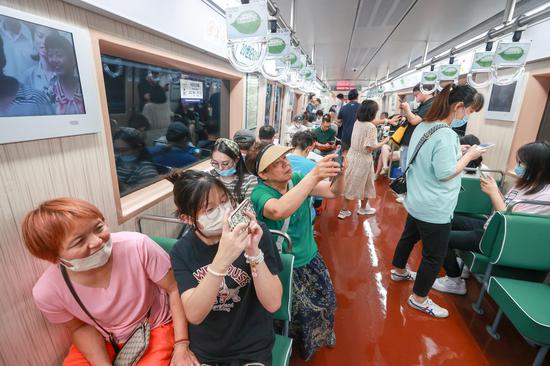
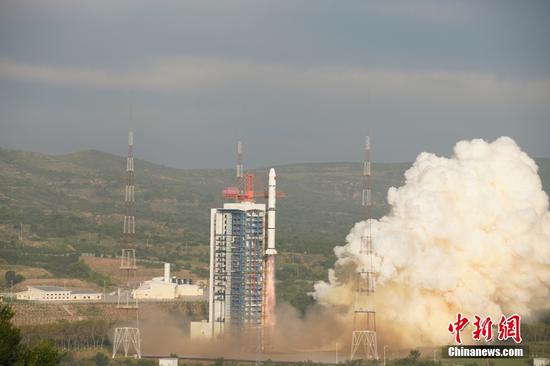


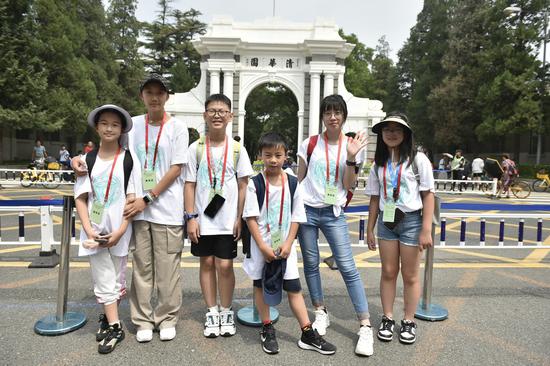

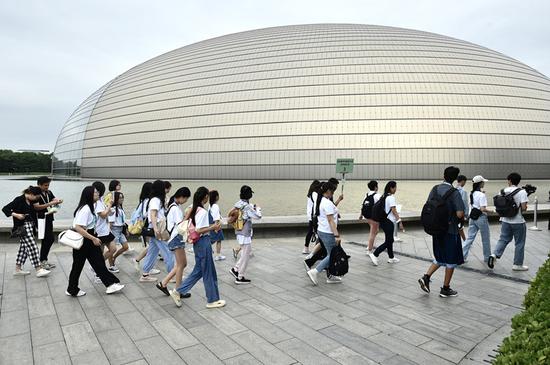
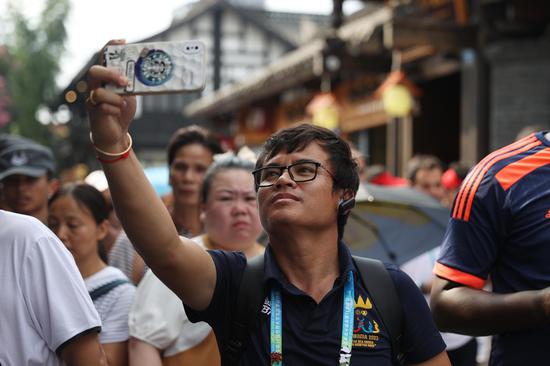


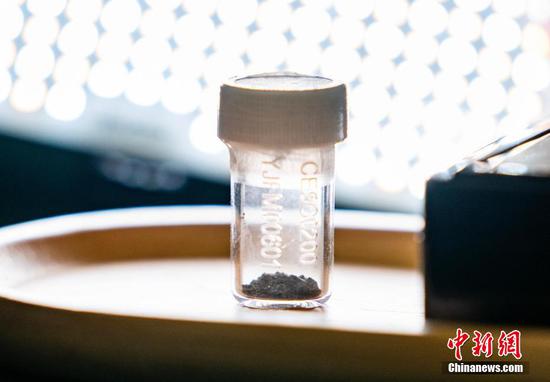



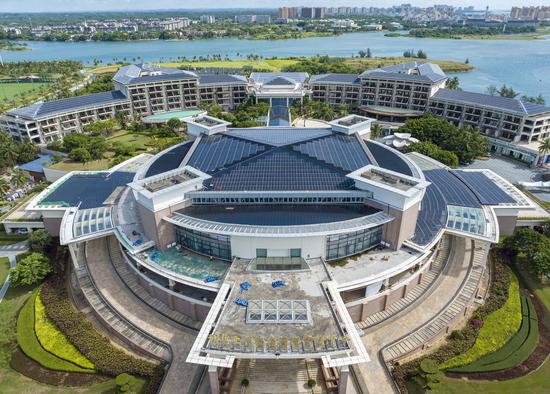
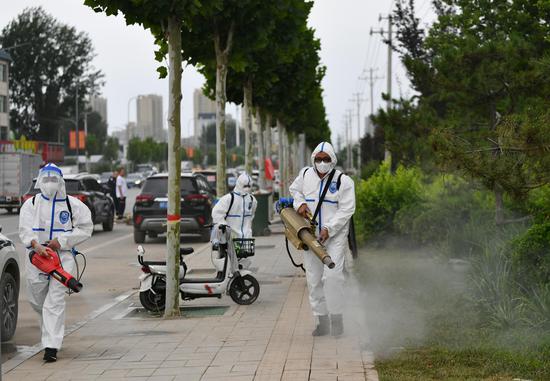


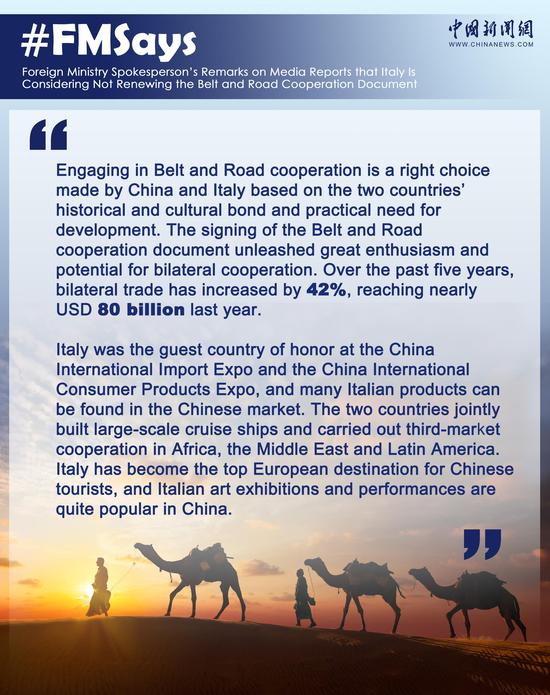




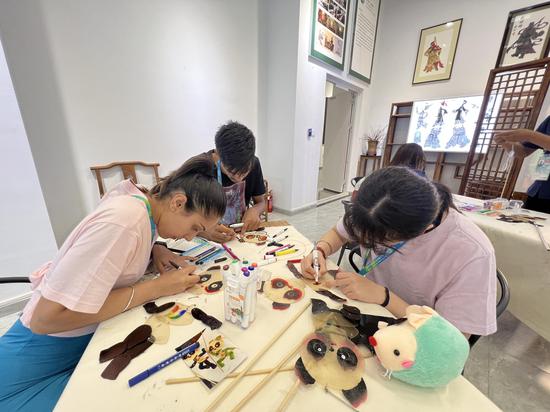

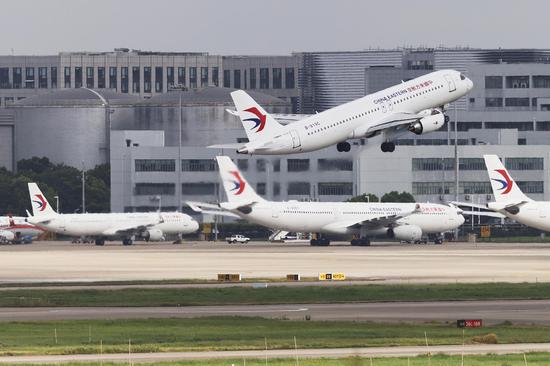
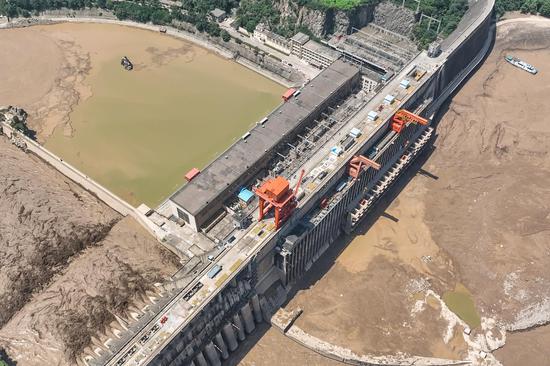
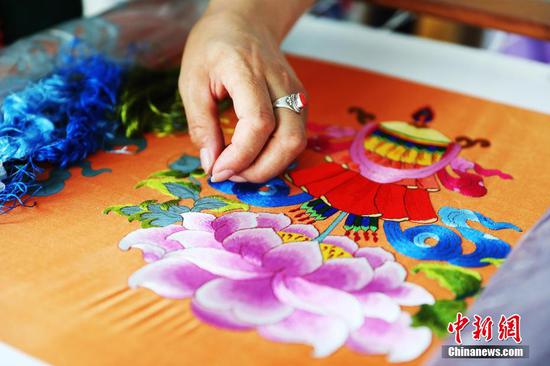
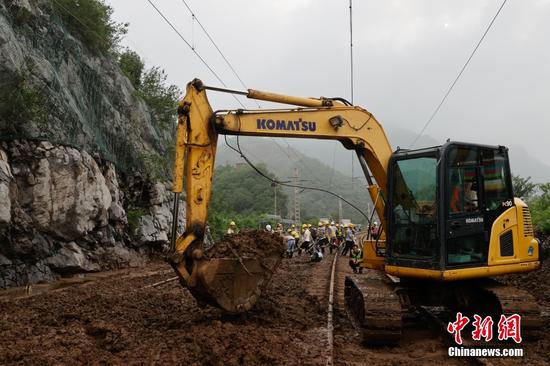
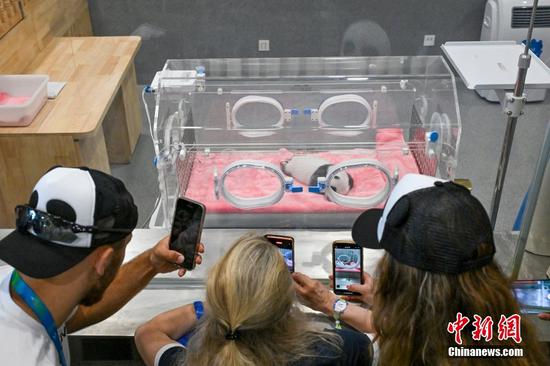

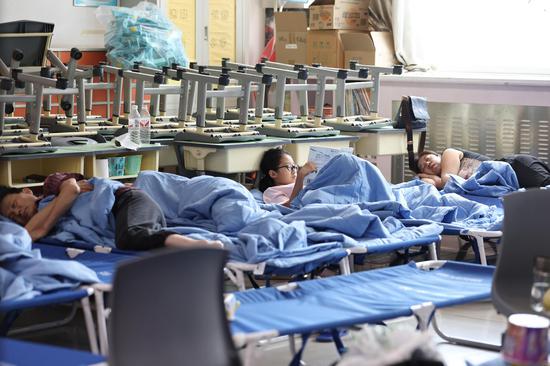
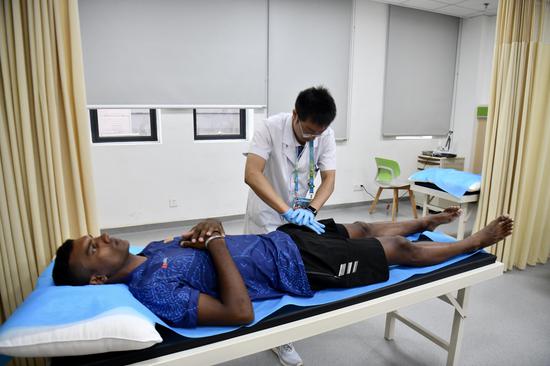





 京公网安备 11010202009201号
京公网安备 11010202009201号
